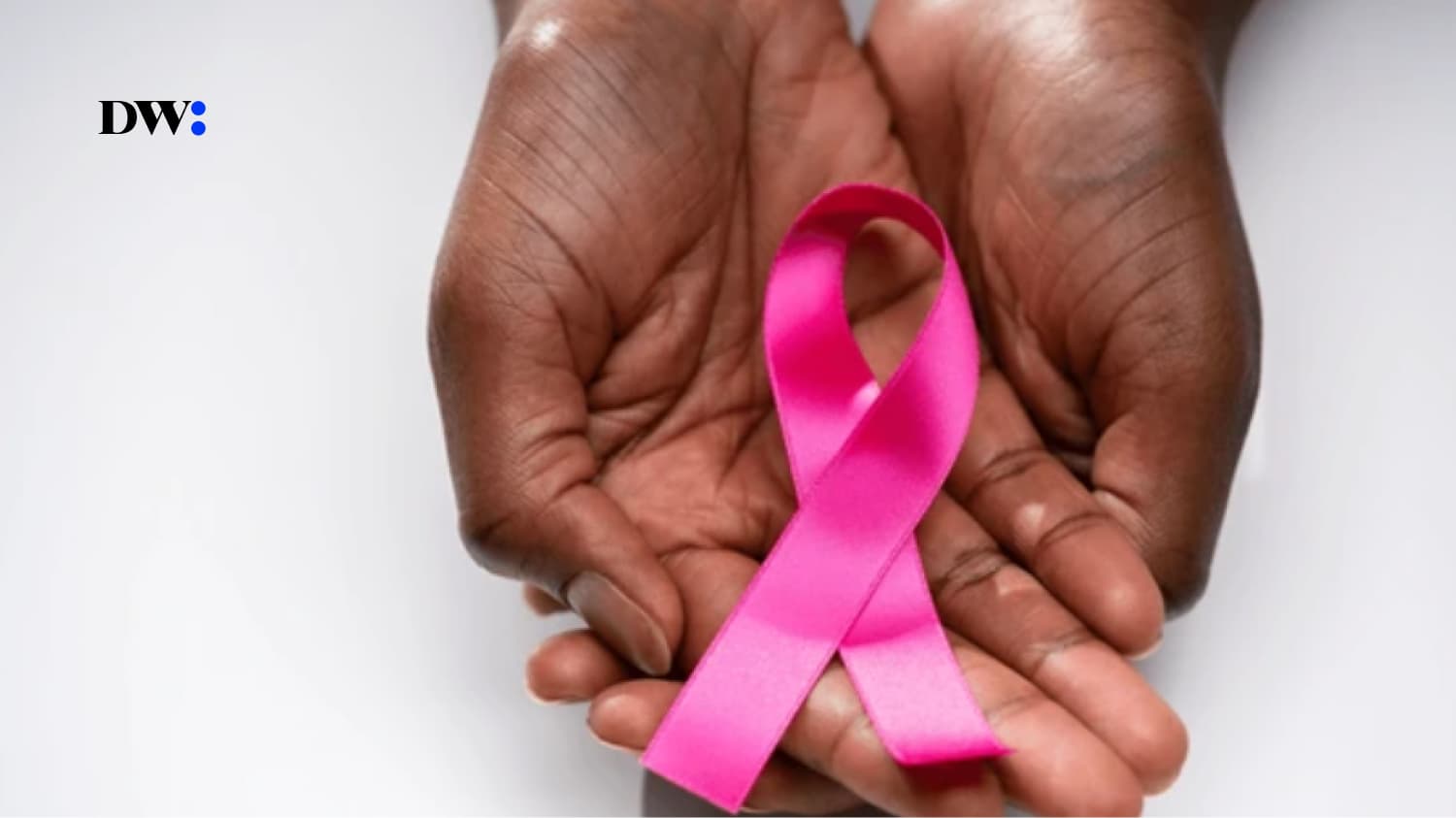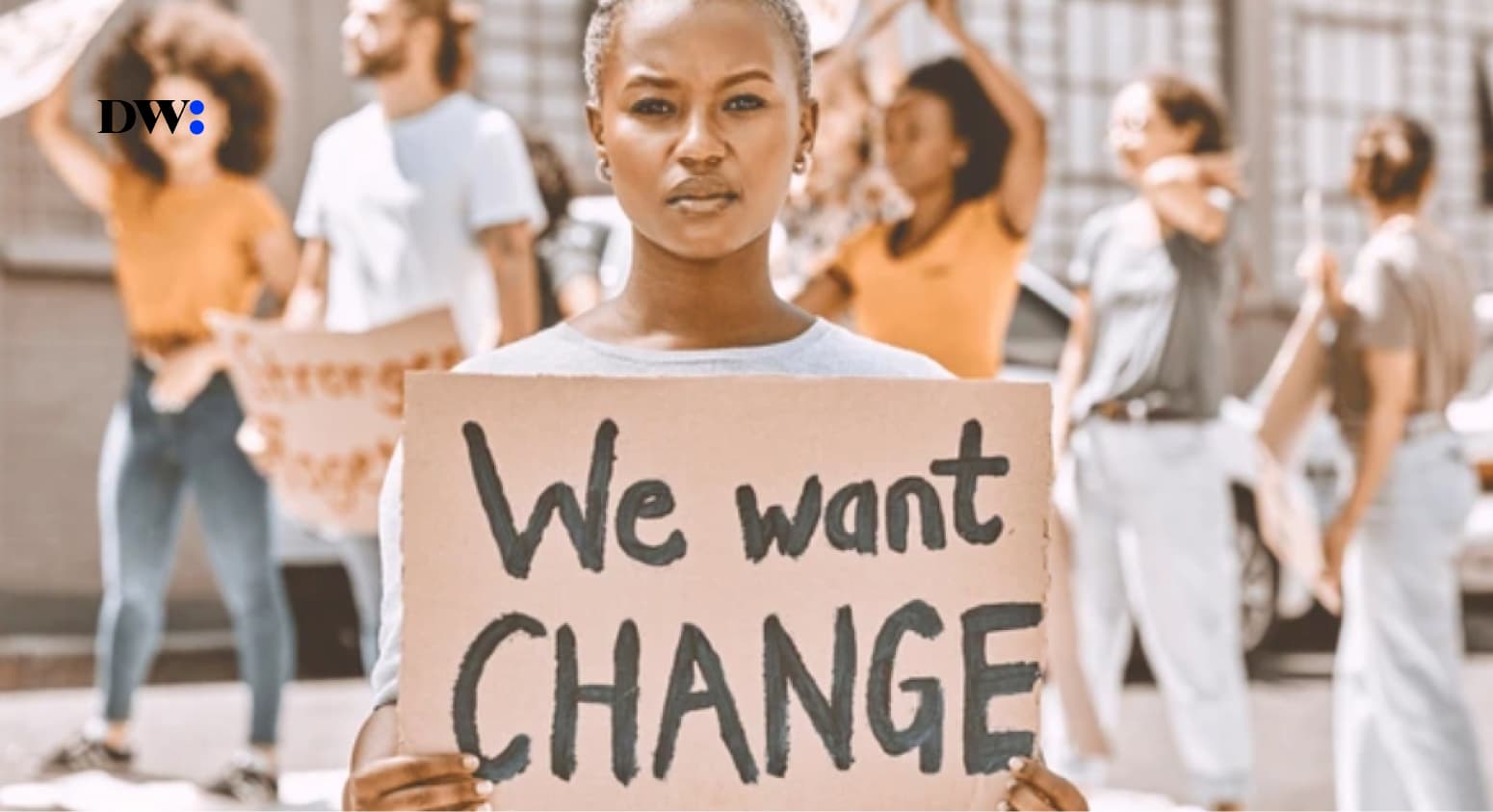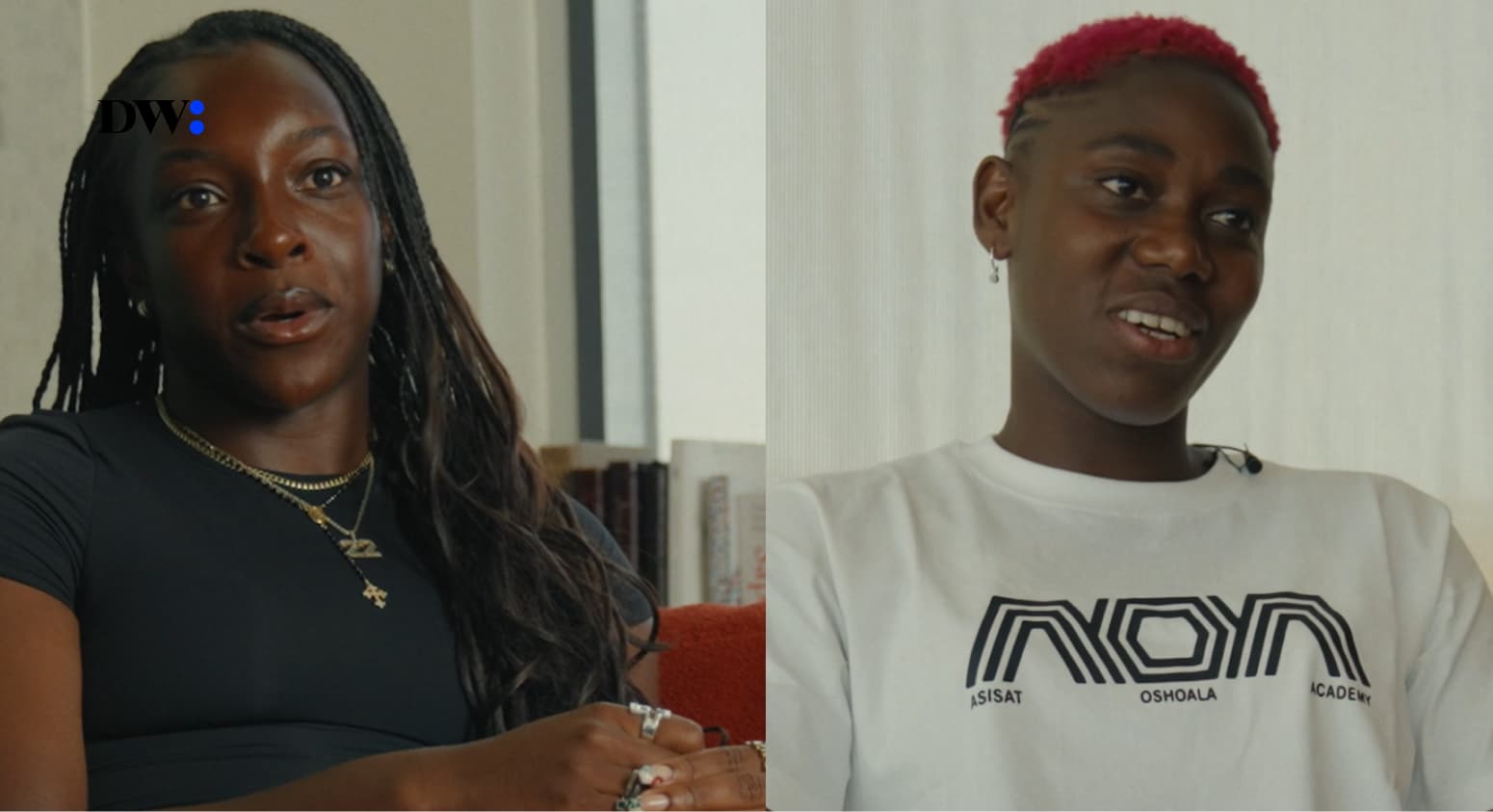Breast cancer is a disease that affects millions of women around the world, but when we look closer, it becomes clear that the impact is far from evenly spread.
Global estimates show glaring disparities in the incidence of breast cancer based on human development. For example, 1 in 12 women may receive a breast cancer diagnosis in their lifetime and 1 in 71 will pass away from the disease in nations with extremely high Human Development Indexes (HDIs).
In comparison, 1 in 48 women will die from breast cancer in nations with a low HDI, even though only 1 in 27 women will receive a breast cancer diagnosis during their lifetime.
Breast cancer remains the most prevalent cancer among women, impacting 2.3 million women annually. It accounts for 15% of all female cancer-related deaths and in 2022 alone, about 670,000 women lost their lives to breast cancer.
Compared to White women, Black women are more likely to have breast cancer earlier in life. Black women are also twice as likely to get triple-negative breast cancer, an aggressive form of the illness, and to die from it than White women. However, the majority of extensive genetic investigations of breast cancer so far have concentrated on women of European ancestry, despite the higher risks that African American women and women in Africa confront.
To understand this occurrence, a research team led by Dr. Wei Zheng of Vanderbilt University has analyzed genetic data from over 40,000 females of African descent, with 18,000 diagnosed with breast cancer revealing 12 genetic regions associated with breast cancer. Three of these loci were linked to aggressive triple-negative breast cancer, with 8% of the women carrying two genetic copies of risk variants. These women were 4.2 times more likely to be diagnosed with triple-negative breast cancer than those without. The study also confirmed many breast cancer risk variants found earlier in other populations and identified an uncommon risk variant in the gene ARHGEF38.
Breast cancer is challenging everywhere, but in Nigeria, the hurdles to receiving treatment are particularly complex. In Nigeria, it accounts for 22.7% of all newly diagnosed instances of cancer. There were 12,000 deaths related to breast cancer reported in 2018 making it the highest rate of breast cancer fatalities for every country.
Here, many women are diagnosed with breast cancer at an advanced stage—about 70% of patients present with stage 3 or 4 disease, compared to about 50% in Europe.
For young, premenopausal women, the rate of breast cancer seems especially high in sub-Saharan Africa, meaning that women in their prime years often face devastating outcomes from late-stage cancer.
In Nigeria, the prevalence of breast cancer (BC) is increasing. In 2020, 28,380 new cases of BC were reported to the International Agency for Cancer Research (IARC) in Nigeria; this accounted for the largest percentage of all cancer types and 22.7% of new malignancies.
With the growing prevalence of this cancer, some studies have tried to gather information on BC treatment (surgery, chemotherapy, radiation, hormonal, and targeted therapy) and results in Nigeria to pinpoint research gaps, difficulties, and possible areas for future intervention.
Olayide et al. (2023), gathered information from 3857 subjects in the South West, North Central and South East with the South West contributing to 60% of the data. Treatments they identified that were given to women diagnosed with breast cancer were surgery, chemotherapy, radiation therapy, hormonal therapy, and HER2-targeted therapy with patients receiving at least one treatment modality.
They identified an estimated one-year survival rate of 80% overall, but it dropped rapidly to 43% at the end of the second year and 32% at five years. Tumour biology-based overall survival estimates for triple-negative and hormone receptor-positive disorders were comparable. The overall recurrence prevalence following surgery was 28%.
Research on breast cancer (BC) in Nigeria primarily focuses on breast health awareness, early detection, and diagnosis. However, there is a significant disparity in BC treatment across centres, with radiation therapy being the most common treatment method.
While treatments like surgery, chemotherapy, radiation therapy, and hormonal therapy are available, access to these treatments varies widely across the country. Radiation therapy, in particular, is limited, impacting the ability to offer breast-conserving surgery.
Other challenges include under-staging due to limited diagnostic resources and the need for improved adherence to treatment recommendations. Studies have shown that many patients do not complete their prescribed treatment regimens, which can negatively impact outcomes.
To address these challenges, it is crucial to improve access to early detection and diagnosis, expand access to comprehensive treatment options, and enhance patient support and education. Additionally, research is needed to better understand the specific risk factors and challenges faced by Nigerian women with breast cancer.
Improving BC staging and access to complete chemotherapy, surgery, and radiation should be targets of future interventions. By addressing these issues, Nigeria can make significant progress in reducing the burden of breast cancer and improving the lives of affected women.





